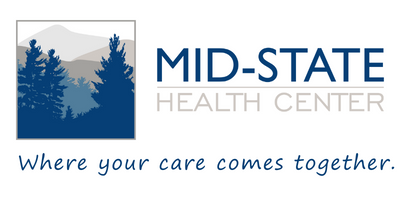If you answered great, you probably have wonderful sleep hygiene consisting of sleep rules and rituals. Many of us find it difficult to follow our sleep rules with modern day temptations and distractions like social media, gaming, caffeine drinks, responsibilities and expectations despite knowing and experiencing the importance of a good night’s rest. A litany of research and many a persons has found a consistent lack of sleep increases the risk of physical health problems such as obesity, diabetes, high blood pressure as well as mental illnesses including anxiety and depression. Insufficient sleep is associated with decreased reaction times, which is correlated with traffic and work place accidents as well as a decrease in work productivity. And don’t forget the social implications of being tired and irritable.
Poor sleep hygiene is usually indicated by daytime sleepiness and/or sleep disturbances. If you are having difficulty with your sleep it is important to evaluate your sleep routine in order to identify the problem such as; not being able to get to sleep, waking and being unable to fall back to sleep or non-restorative sleep (restless sleep and feeling tired after waking). If you are having sleep difficulties it is useful to pinpoint the problem which can usually be done by tracking your sleep habits in a daily journal.
Good sleep hygiene practices can prevent the development of sleep problems. Developing a routine around your bedtime is an important part of the process of creating healthy sleep habits to ensure you are well rested and ready for the next day. Here are some tips to help you improve your sleep hygiene:
- Get up at the same time every day (Difficult but it is important to keep on regular schedule even on weekends).
- Create a relaxing bedtime routine (Try a tech free ritual like bathing, grooming a pet, journaling or crafting).
- Create a sleep environment that is dark, quiet, comfortable and cool (Maybe it’s time to move the television out of the bedroom or clean out the clutter).
- Exercise daily (A tired body and relaxed mind is much easier to put to bed).
- Limit what you eat and drink in the afternoon and evening (Depending on your sensitivities, caffeine and certain foods maybe best for the morning only).
- Avoid nicotine and alcohol (You can use the saved money on new sheets and a pillow).
- Make a To-Do list for the next day (Instead of thinking about it all night just check your list in the morning).
The internet is filled with articles and recommendations for a good night’s rest. Like all aspects of health, sleep health and practices are very personal and need to be individualized. Your sleep hygiene practices should also be dynamic, taking into account the recent days activities and events while also preparing for the following day. This is especially important for those individuals who work second and third shifts. What works for a friend or partner may not work for you and if it’s not broken, don’t fix it. While researching for this article one recommendation I came across was to make your bedroom pet free for better sleep. The thought of sleeping without my dog curled up at my feet breaks my heart and stresses me out. Although that article did offer a few good tips that I will be trying out that one is not for me.
Like all habits, sleep habits can be difficult to change. Remember Rome was not built in a day and with practice and consistency these rituals will develop into habits over time. Celebrate all the small successes, ask for help and be patient and compassionate with yourself on your journey to a better night’s sleep and hence a more awakened life.
Mid-State is accepting new medical and dental patients of all ages and encourages anyone interested in learning more about Mid-State’s clinical team and its services to explore our website.

Joe McKellar, LiCSW
Behavioral Health Services, Mid-State Health Center
